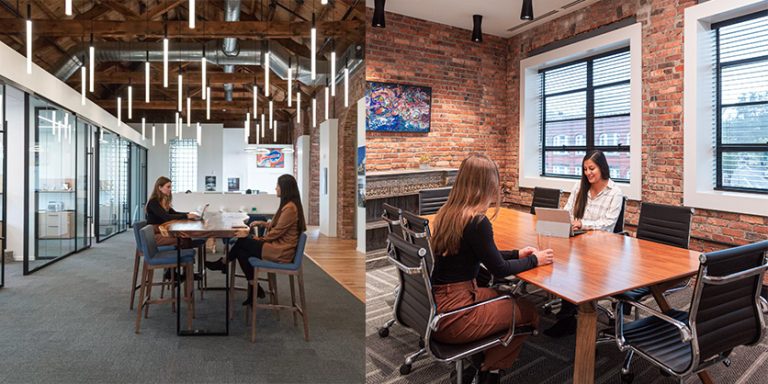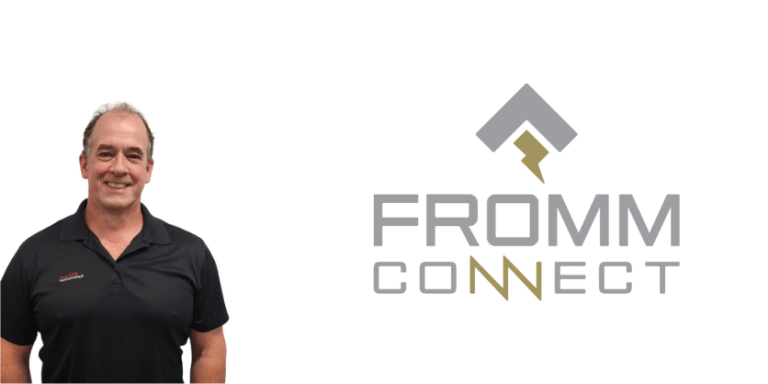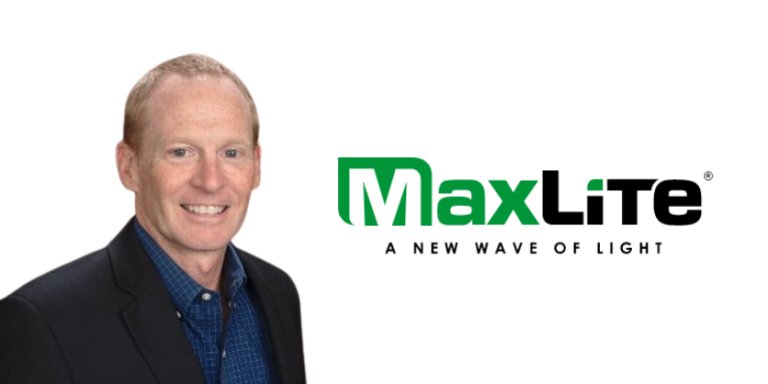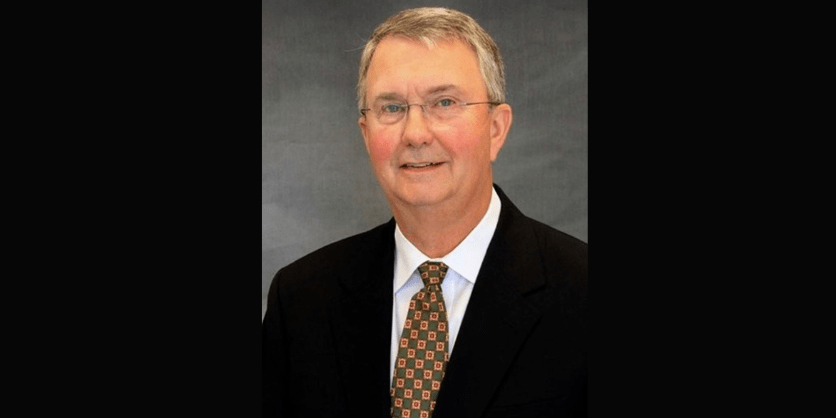CLTC Shares Research on Circadian Lighting via Webinar

The Illuminating Engineering Society (IES) is hosting a webinar on Thursday, February 23 at 12pm EST, that will focus on circadian lighting based on research from the California Lighting Technology Center at University of California (CLTC).
CLTC Research Update – Circadian Lighting Design Strategies will include project outcomes published in CLTC’s LD+A Research article Next Generation Healthcare Lighting and will highlight CLTC’s current projects that are addressing questions related to design and spectrum.
The webinar presenters are: Jae Yong Suk, Ph.D., associate director of the CLTC and associate professor in the Department of Design at UC Davis, and Nicole Hathaway, LC, an R&D Engineer IV and the communications director at CLTC.
The webinar sponsors are ALUZ Achitectural Lighting and LD+A magazine.
Over the last 10 years, R&D at California Lighting Technology Center at University of California, Davis has helped optimize design strategies for circadian lighting in residential, healthcare, and outdoor applications.








